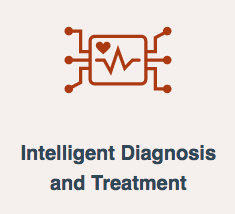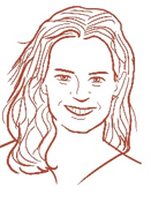
In recent years, pioneering organisations such as Living Goods have started addressing these issues by using technology to support CHWs with artificial intelligence. Living Goods is a social enterprise that works with CHWs to deliver health products and services to the poor in Kenya, Uganda and other countries. It has armed its agents with mobile tools to facilitate their day-to-day work, thus enabling them to provide better and more efficient care. In partnership with Medic Mobile, an mHealth company, Living Goods has taken the next step to harness the data it collects, making use of robust-real time data flows to bring additional capabilities to CHWs and thus provide even better and more targeted care.
In the health track of ii2030, a two-day event to develop solutions for intelligent diagnosis and treatment in low-income contexts organised by Endeva, stakeholders from business, academia and civil society came together to identify solutions that are fit for the future. They asked what it would take pioneering NGOs and social enterprises like Living Goods to share their data, thus supporting stretched healthcare works in low-income contexts with artificial intelligence and potentially with big data.
What ethical and legal challenges would they face? Would organisations be protective of ‘their’ data or willing to share for the benefit of their programmes and the people they serve? How could these data be usefully combined? How could big datasets be used to facilitate predictive analysis and thus improve the quality and efficiency of care? We want to continue this conversation and are looking for interested partners.

 RSS Feed
RSS Feed